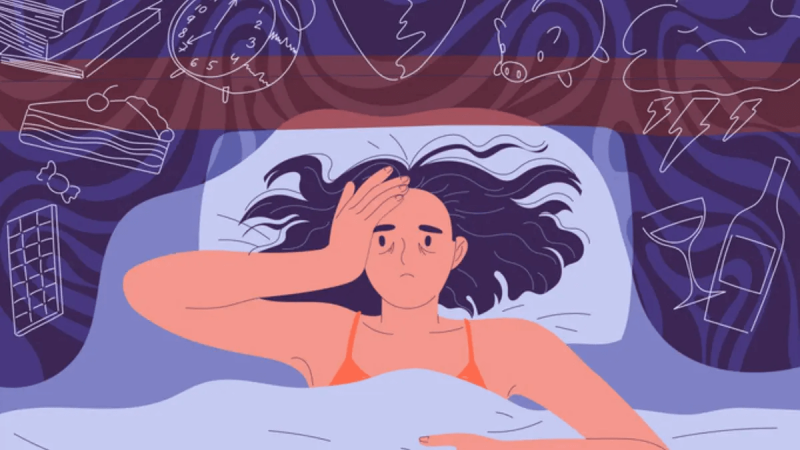Researchers have identified an area of human and mouse DNA that plays a role in controlling anxiety.
A University of Aberdeen team found a section of DNA which “switches” on key genes in parts of the brain that affect anxiety levels in mice.
They found removal of the “switch” increased anxiety in the animals.
The team now hope further research into the switch could help improve the lives of anxiety patients by identifying a new drug target.
Both humans and mice have similar genomic mechanisms controlling mood and researchers said the “switch” they discovered is part of these mechanisms in both species.
Professor Alasdair Mackenzie’s team recognised that many of these switches have remained virtually unchanged or conserved for hundreds of millions of years and can be found in both humans and mice.
…
Dr Andrew McEwan, also from the university, said: “To understand the basis of complex human diseases, that includes mental illness and other conditions such as obesity, depression and addiction, it is as important to understand the mechanisms that ensure proper production of proteins in the right cells as it is to understand the proteins themselves.”































